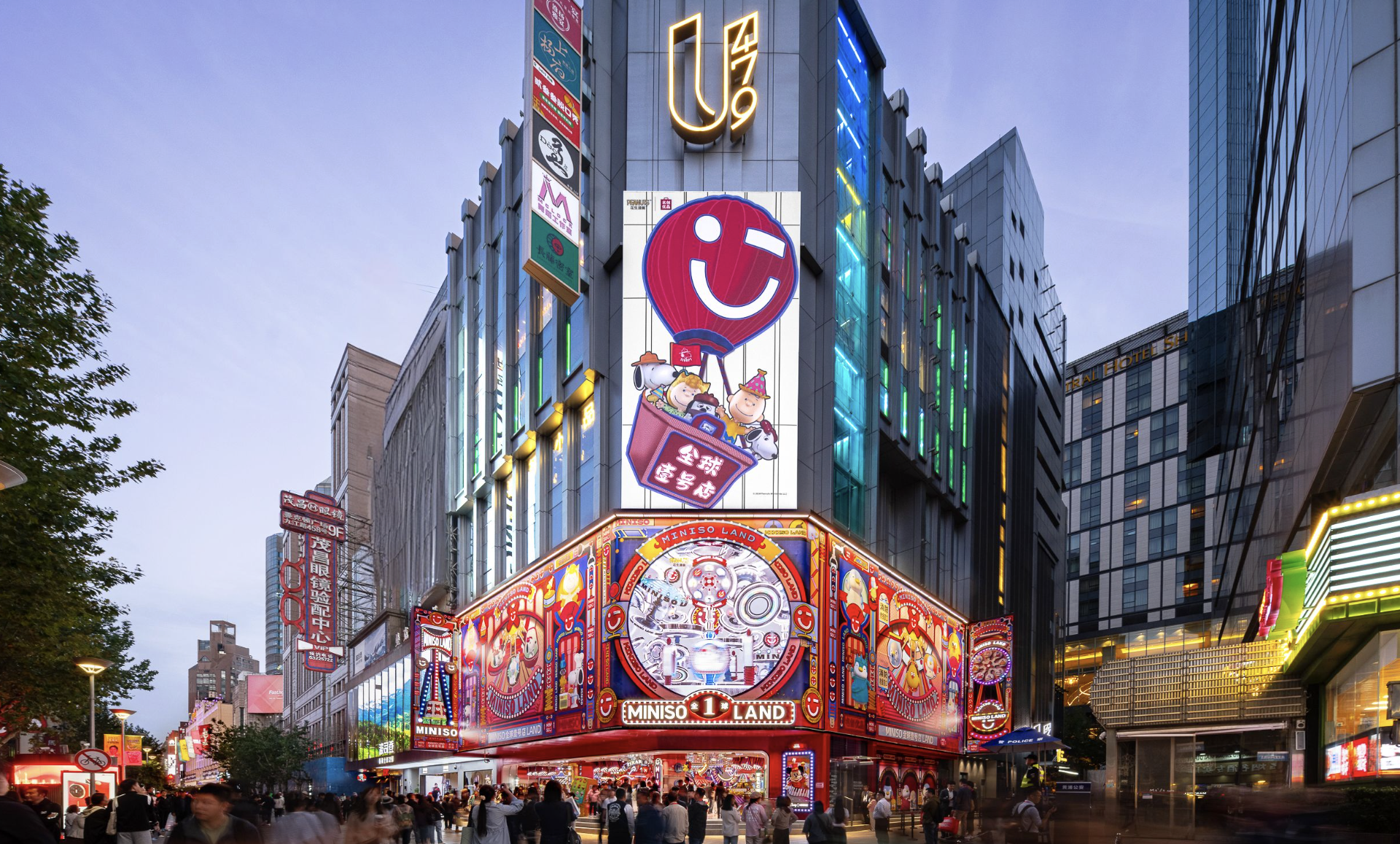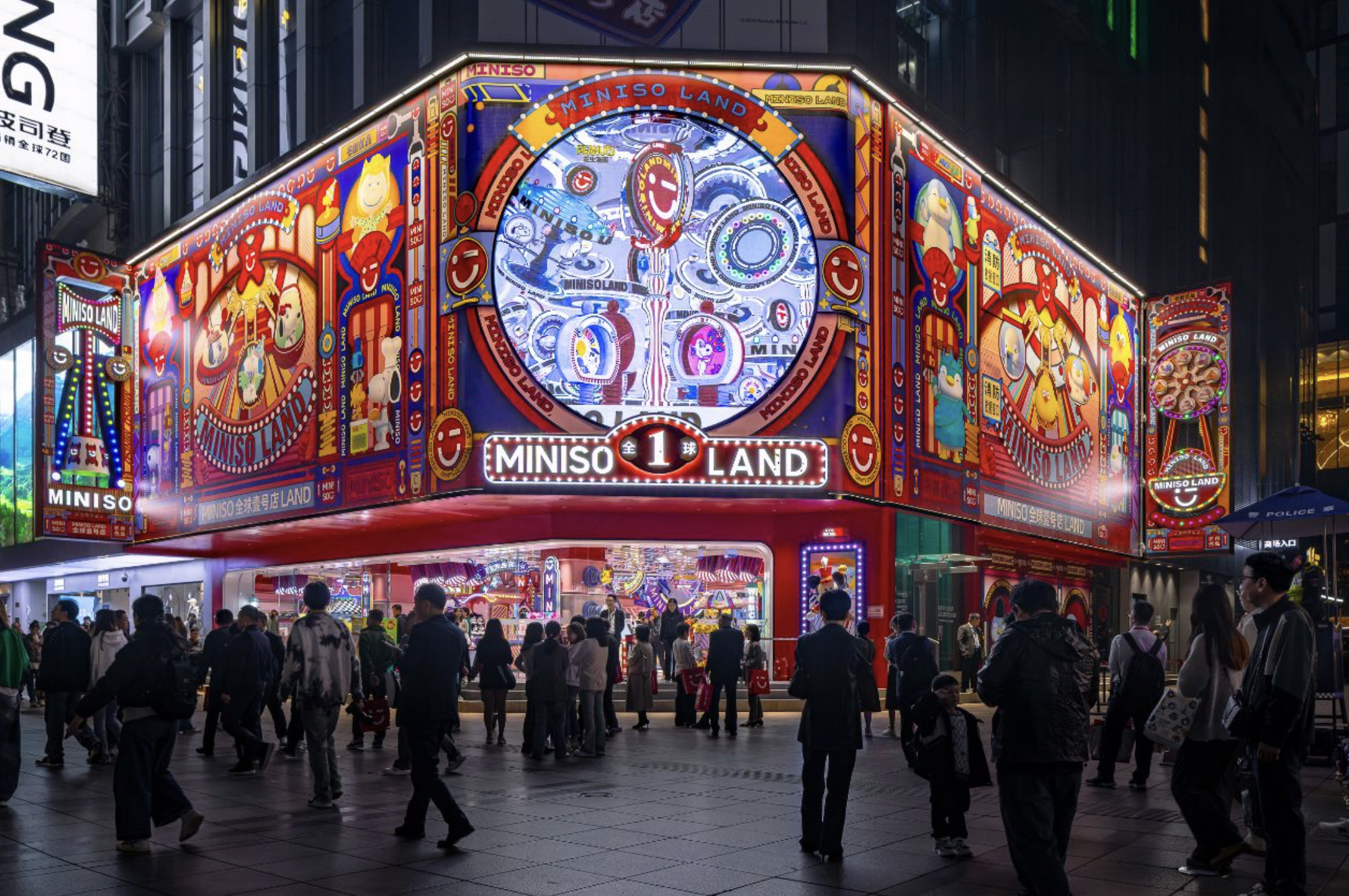Chinese low-cost retailer Miniso recently found itself in hot water after its Spanish team uploaded an Instagram post (which has since been deleted) depicting a series of Disney princess-inspired dolls wearing qipaos or cheongsams.
Inspired by the qizhuang, an ethnic item of apparel worn by the Manchu people, the qipao experienced a boom in popularity during China’s Republican years (1912-1949). In Miniso Spain’s caption, however, the dolls were called “geishas,” which means upper-class Japanese hostesses and entertainers.
Unhappy with the inaccuracy, fans of the brand in Spain voiced their frustrations under the now-deleted Instagram post. However, the controversy reached new heights when screenshots of the original post started circulating Chinese social media. On Chinese microblogging platform Weibo, a related hashtag has accumulated over 460 million views at the time of writing.
Chinese netizens are especially outraged that a Chinese brand has made such a gross mistake, and have called for a boycott of the brand. On August 9, Miniso topped Weibo’s trending topics chart — for all the wrong reasons.
The incident involving the dolls opened up a Pandora’s box, and the brand’s history of problematic behavior has come to light.
While Miniso has published public apologies on both Instagram and Weibo, many have been quick to point out how the brand markets itself as Japanese. In addition to adopting a Japanese-sounding name, the company’s logo is suspiciously similar to Japanese retailer Uniqlo’s.

“Isn’t Miniso a brand that pretends to be Japanese, but actually sells made-in-China counterfeits?!” reads a critique with over 5,000 likes. Others have even used the politically-charged idiom “chongyang meiwai” (崇洋媚外, meaning “to worship and idolize foreign things”) to bash the brand.
Since the uproar, Miniso has been trying hard to make up for the error of their ways. The brand’s apology on Weibo includes a screenshot proving that the agency in charge of the Spanish social media account had been fired on the spot.
The whole hoopla roused by a domestic brand aspiring to be Japanese speaks volumes about nationalism in China, which has impacted scores of Western labels.
Negative connotations surrounding ‘made-in-China’ items have started to lose their hold, and youth in China (and the world over) are coveting Chinese brands more than ever.
Cover image via Wikimedia Commons


















